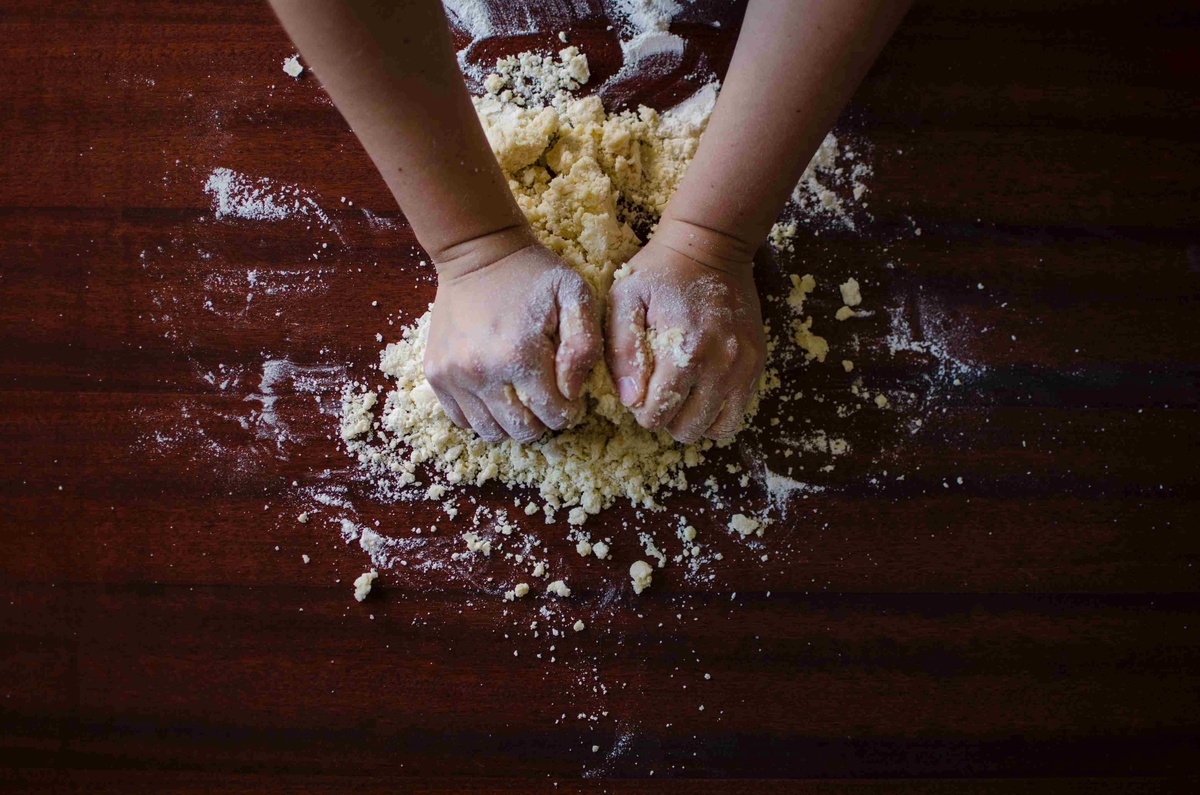Starting your baking journey? Then keep reading! Today, you’ll be learning a thing or two about flours–its kinds, how they are used and what makes them different from one another. Now, flour is an essential ingredient used in tons of recipes and is something that is almost always needed when baking.
But depending on what you’re baking, the kind of flour you’re supposed to use may also vary. There are different kinds of flours out there, all used differently. Each kind of flour has its purpose and can affect the texture, form and overall outcome of a baked good. So it’s crucial to know what kind of flour to use for a certain type of baked good.
To give you an idea, listed below are the best flours to use as a novice baker. The flours listed are what starting bakers commonly use because they’re accessible, easier to work with and are used in more baking recipes. So without further ado, here’s the list:
1 - All-Purpose Flour
One of the first flours you might get to handle as a novice baker has got to be this one. This is commonly used for baking since it’s quite versatile! This is a great flour to start with as a novice baker plus this can be found anywhere.
This type of flour contains moderate protein content and is ideal for cookies, cakes, muffins, cupcakes and even quick breads. This can also be used outside of baking so it’s a convenient ingredient to have in your pantry.
2 - Cake Flour
After taking on cookies, brownies and other simple baking recipes, you might want to take on your first-ever cake! And a great flour to use is none other than cake flour. This flour type contains lower protein compared to all-purpose flour, making the outcome of the baked good less firm and more sponge-like.
This isn’t only great for cakes but also for other kinds of delicate baked goods like cupcakes, fluffy pancakes and so much more.
3 - Bread Flour
If you’re looking to make artisan loaves then this is the flour to consider. Bread flour contains a much higher protein content which is ideal for making yeast-risen bread. So it produces a firmer kind of baked good compared to other flours.
The reason why it creates firmer baked goods is because it develops a strong gluten network that makes its baked goods all the more chewy, firm and have more structure.
4 - Whole-Wheat Flour
If you’re looking for a healthier flour option, this is one to think about getting. Whole-wheat flour contains more fibre and nutrients compared to other flour types in the list. This also has higher protein content and is commonly combined with other flour when baking breads, loaves, muffins and so on.
5 - Pastry Flour
This flour type is used for baking pie crusts, tarts and many other delicate pastries you see when passing by a cafe’s pastry display. This type of flour contains higher protein levels than cake flour but lower protein levels than all-purpose flour, so you could say it’s in between the two.
6 - Gluten-Free Flour
If you happen to have a gluten allergy or live with someone who does or is planning to bake for a group of people, this is the flour you should consider using. Gluten-free flour is commonly for dietary reasons, one being people who are sensitive to gluten.
Other gluten-free alternative flours are rice flour, coconut flour, almond flour, oat flour and so on. This can be used in tons of baking recipes and is ideal to have in your pantry!
7 - Self-Rising Flour
Planning to make some biscuits or pancakes anytime soon? Then grab yourself some self-rising flour! This kind of flour is an ideal option for novice bakers to use since it contains leavening agents such as salt and baking powder.
8 - Spelt Flour
The ancient grain known as spelt offers both a rich history and health advantages in addition to its somewhat nutty flavour. Because it has less gluten than contemporary wheat, it is a great option for creating a variety of healthful and tasty baked items that satisfy a range of dietary needs.
9 - Rye Flour
The classic traditional rye bread is famous for its strong and earthy flavour, and rye flour is a key ingredient in creating rich and tasty bread. Its distinctive flavour not only distinguishes it but also creates opportunities for culinary creativity.
This is because it blends so easily with other flours, creating a symphony of harmonious and delectable flavours. Rye flour is a beloved ingredient among both bakers and food fans due to its flexibility.
10 - Cornmeal
Last but not least is cornmeal. This is last on the list because it isn’t technically a traditional flour option most people around the world use. But it’s a great gluten-free flour alternative that has its district texture, crunchiness and flavour that elevate your baked goods. Also, this can be used outside of baking, like using it as a crispy coating for fried foods and many more.


No comments yet